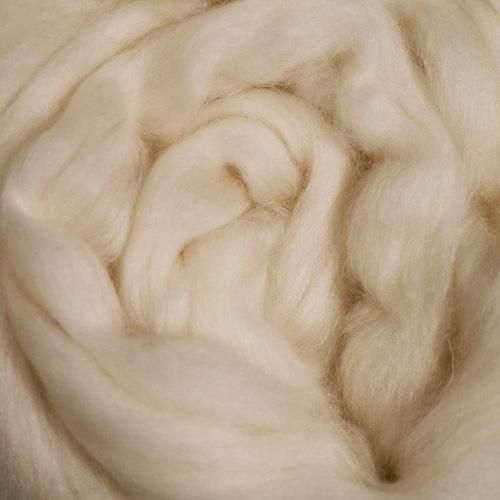The Beginnings and Benefits of cashmere in Creating Luxurious Clothing
The Beginnings and Benefits of cashmere in Creating Luxurious Clothing
Blog Article
Factors You Need To Need Cashmere a Natural Fiber for Convenience and Style in Everyday Put On
In the world of fabrics, couple of fibers measure up to the high-end and convenience of cashmere. This special material, recognized for its superior soft qualities and insulation, gives unequaled convenience and beauty for everyday wear. What sets it apart from other fibers? How does it influence the setting and how does it compare to artificial choices? Exactly how can one best use cashmere to boost their style? These intriguing inquiries lay the foundation for an enlightening expedition into the world of cashmere.
Understanding the Extravagant Nature of Cashmere

Evaluating the Comfort Factor of Cashmere Apparel
What high qualities underscore the comfort factor of cashmere garments? The softness of cashmere is the first top quality to take into consideration. Its luxurious structure makes it seem like a second skin, providing heat without the weight or itchiness related to other wool products. Moreover, cashmere's unique fiber structure permits breathability, managing temperature and preventing getting too hot. The material's versatility and durability make certain that it molds against the body conveniently, keeping its form in time. Cashmere's hypoallergenic residential or commercial properties likewise add to its comfort, making it a suitable selection for sensitive skin. The capability to layer cashmere pieces without bulkiness enhances the convenience aspect. Basically, the comfort of cashmere is originated from its soft qualities, breathability, resilience, hypoallergenic nature, and flexibility.

The Ecological Effect and Sustainability of Cashmere
While the comfort published here and beauty of cashmere are definitely appealing, it's similarly essential to consider its connection with the atmosphere. Cashmere manufacturing, mostly in Mongolia and China, involves raising cashmere goats, which can substantially stress delicate grassland environments as a result of overgrazing. This see this here can result in desertification, a pushing ecological concern. Furthermore, the processing of cashmere, entailing cleaning and coloring, can also add to water contamination if not correctly handled. Initiatives are being made to establish lasting cashmere manufacturing techniques, such as rotational grazing and cleaner processing strategies. While cashmere has ecological effects, its sustainability largely depends on manufacturing methods.
Comparing Cashmere to Artificial Fibers: A Cost-Benefit Analysis
In spite of its environmental difficulties, cashmere presents a special set of advantages over artificial fibers. Cashmere's natural fibers provide unrivaled softness and warmth, equating right into comfort that synthetic fibers struggle to match. Unlike synthetic fibers, cashmere doesn't contribute to microplastic pollution, making it a much more lasting option.
Styling Tips With Cashmere for Everyday Beauty
Having thought about the cost-benefit analysis of cashmere contrasted to synthetic fibers, it ends up being clear why this luxurious material is a favored option for many. see page When styling cashmere for day-to-day elegance, simplicity is vital. Ultimately, the intrinsic style of cashmere makes it a versatile enhancement to any kind of wardrobe, effortlessly improving day-to-day outfits with a touch of high-end.

Verdict
In recap, the amazing homes of cashmere make it a valuable enhancement to any kind of wardrobe. Its glamorous feel, breathability, adaptability, and convenience to varying temperature levels are exceptional. On top of that, cashmere's sustainability and lower ecological effect contrasted to synthetic fibers better improve its allure. The ageless style of cashmere, integrated with its convenience, adds refinement to daily wear. Therefore, investing in cashmere garments is a rewarding decision for sustainability, design, and comfort.

Report this page